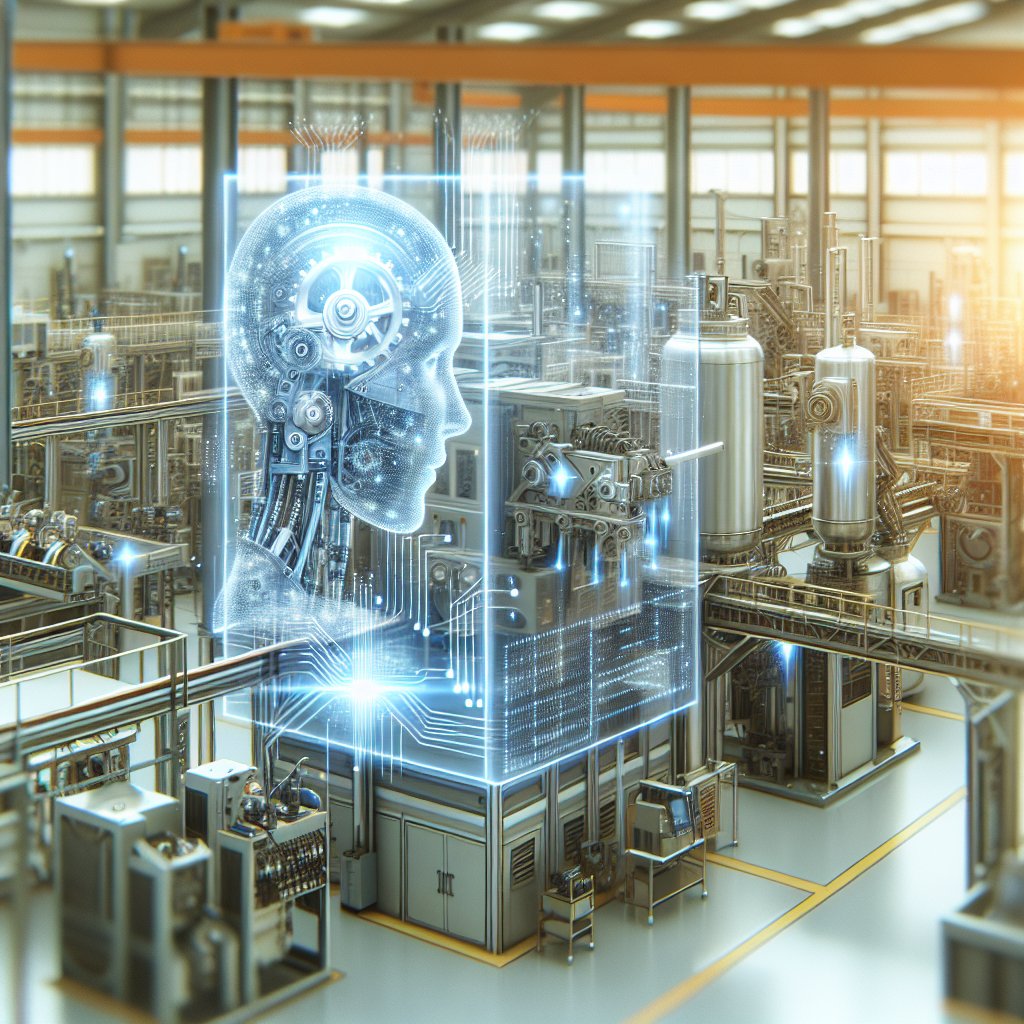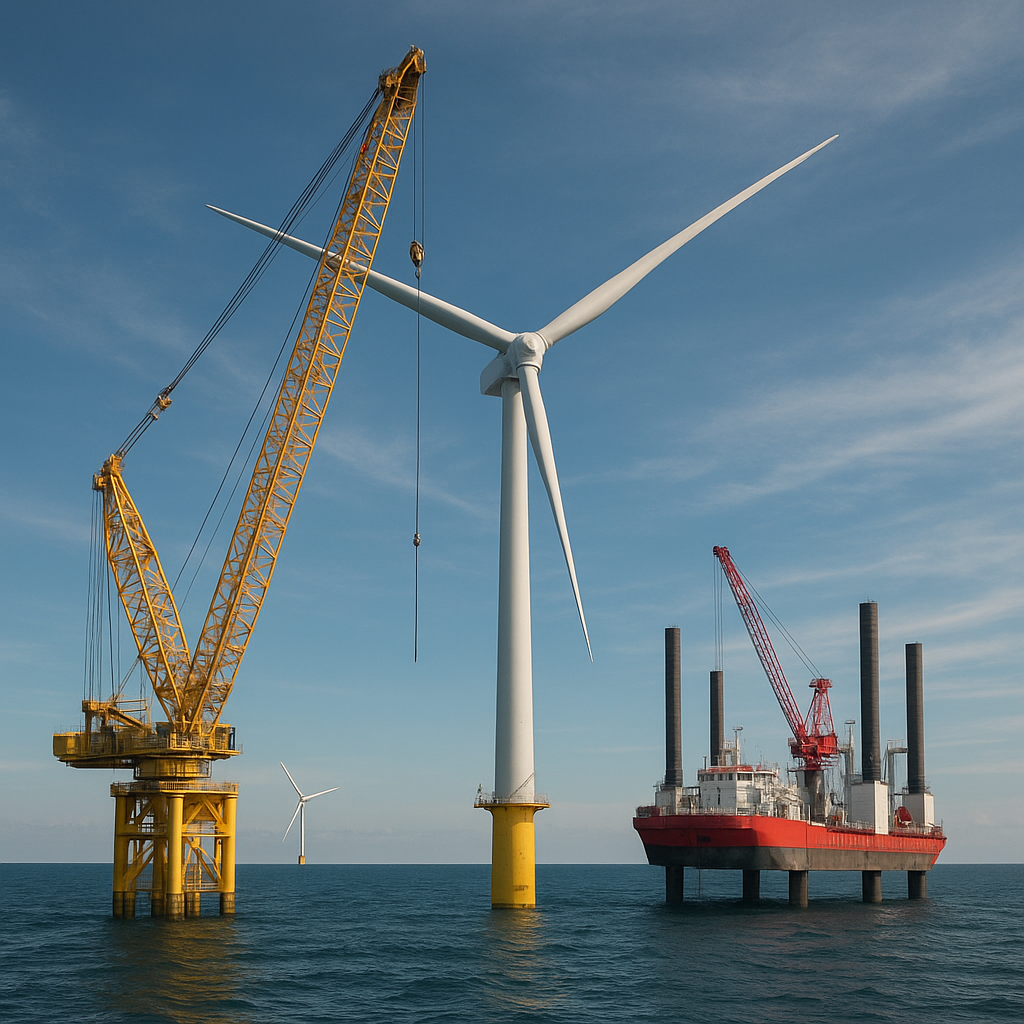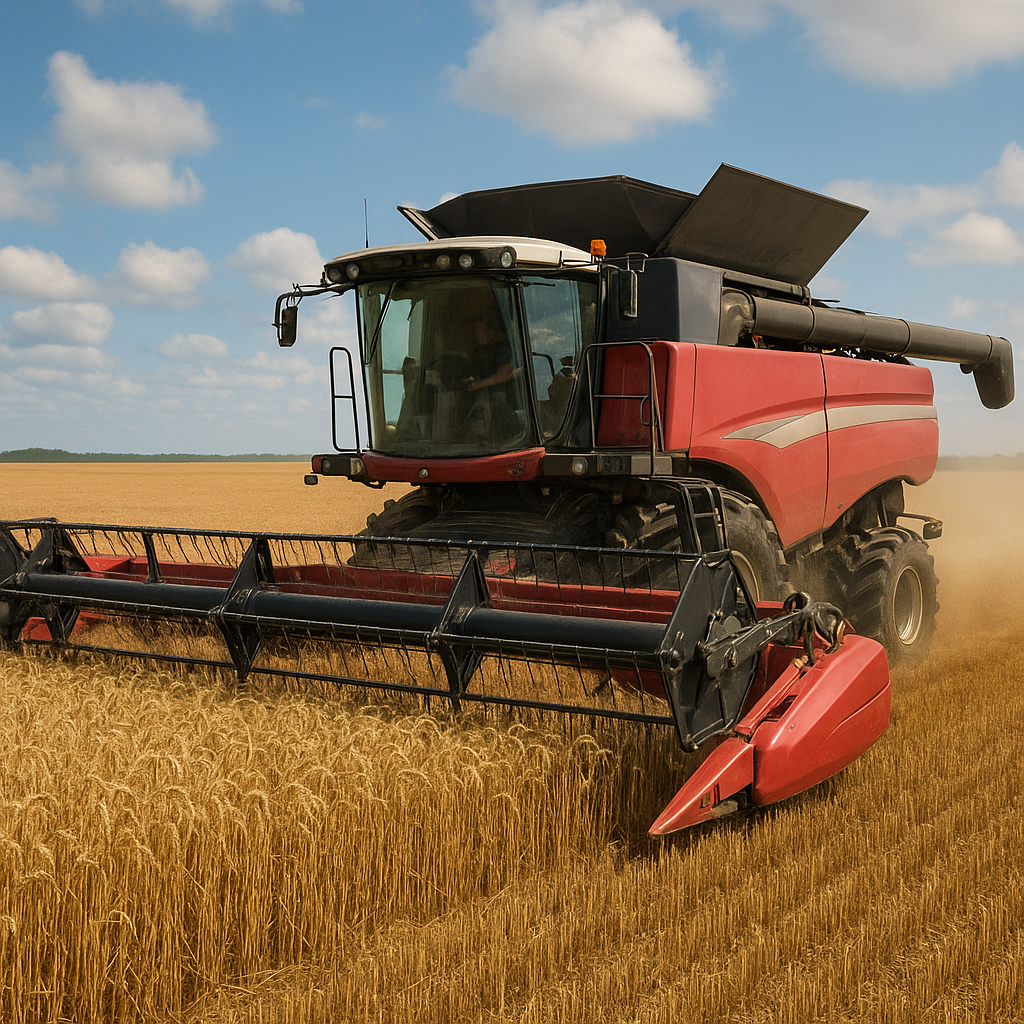
Artificial Intelligence (AI) is revolutionizing the field of industrial machine design, driving unprecedented levels of efficiency and innovation. As industries strive to optimize their operations and reduce costs, AI technologies are playing a pivotal role in transforming how machines are designed, tested, and deployed. This article delves into the various ways AI is enhancing industrial machine design, exploring its impact on efficiency, sustainability, and the future of manufacturing.
The Role of AI in Industrial Machine Design
AI is fundamentally changing the landscape of industrial machine design by introducing advanced algorithms and data-driven insights that were previously unattainable. One of the primary ways AI contributes to machine design is through predictive analytics. By analyzing vast amounts of data from existing machines, AI can predict potential failures and maintenance needs, allowing designers to create more robust and reliable machines.
Moreover, AI-driven design tools enable engineers to simulate and optimize machine components before they are physically built. This not only reduces the time and cost associated with prototyping but also ensures that the final product is as efficient as possible. Machine learning algorithms can analyze design parameters and suggest improvements, leading to innovative solutions that human designers might not have considered.
Another significant contribution of AI is in the realm of generative design. This process involves using AI to generate a wide range of design options based on specific constraints and goals. Engineers can then evaluate these options to select the most efficient and effective design. This approach not only accelerates the design process but also results in machines that are optimized for performance and sustainability.
Enhancing Efficiency and Sustainability
Efficiency is a critical factor in industrial machine design, and AI is proving to be a game-changer in this regard. By leveraging AI, manufacturers can design machines that consume less energy, produce less waste, and operate more efficiently. For instance, AI can optimize the layout and operation of machine components to minimize energy consumption, leading to significant cost savings and a reduced environmental footprint.
AI also plays a crucial role in enhancing the sustainability of industrial machines. By analyzing data on material usage and environmental impact, AI can help designers select materials and processes that are more sustainable. This not only aligns with global efforts to reduce carbon emissions but also meets the growing demand from consumers and regulators for environmentally friendly products.
Furthermore, AI-driven maintenance systems can predict when a machine is likely to fail, allowing for proactive maintenance that extends the machine’s lifespan and reduces downtime. This predictive maintenance approach not only improves efficiency but also contributes to sustainability by reducing the need for frequent replacements and repairs.
The Future of AI in Machine Design
As AI continues to evolve, its impact on industrial machine design is expected to grow even more profound. Future advancements in AI could lead to fully autonomous design processes, where machines are capable of designing and optimizing themselves with minimal human intervention. This could revolutionize the manufacturing industry, leading to unprecedented levels of efficiency and innovation.
Moreover, the integration of AI with other emerging technologies, such as the Internet of Things (IoT) and blockchain, could further enhance the capabilities of industrial machines. For example, IoT-enabled machines could continuously collect and analyze data to optimize their performance in real-time, while blockchain could ensure the security and transparency of design and manufacturing processes.
In conclusion, AI is playing a transformative role in industrial machine design, driving efficiency, sustainability, and innovation. As industries continue to embrace AI technologies, the potential for further advancements in machine design is limitless. By harnessing the power of AI, manufacturers can create machines that are not only more efficient and sustainable but also capable of meeting the challenges of the future.

